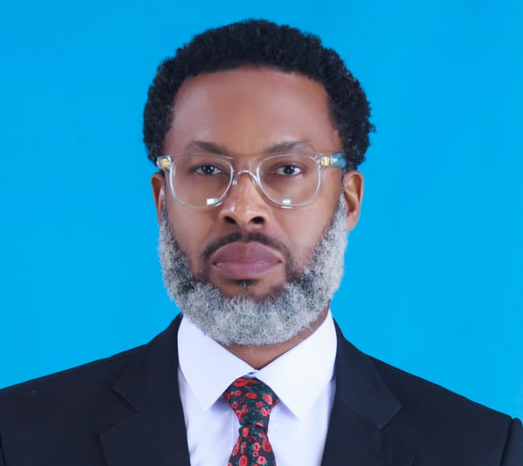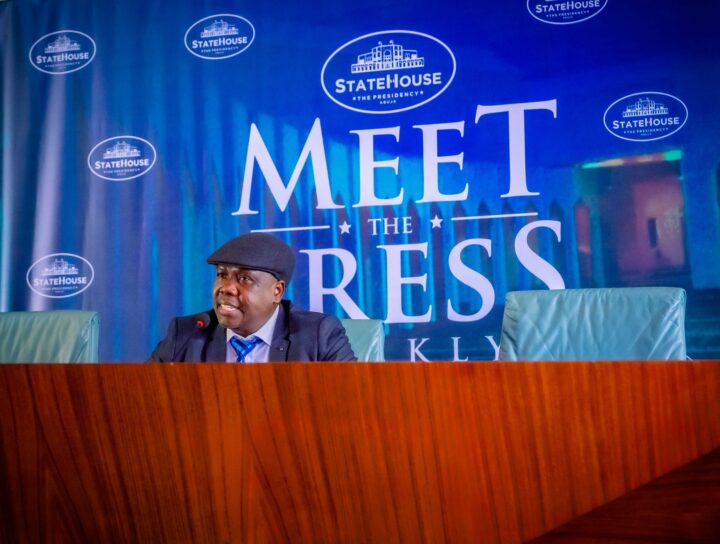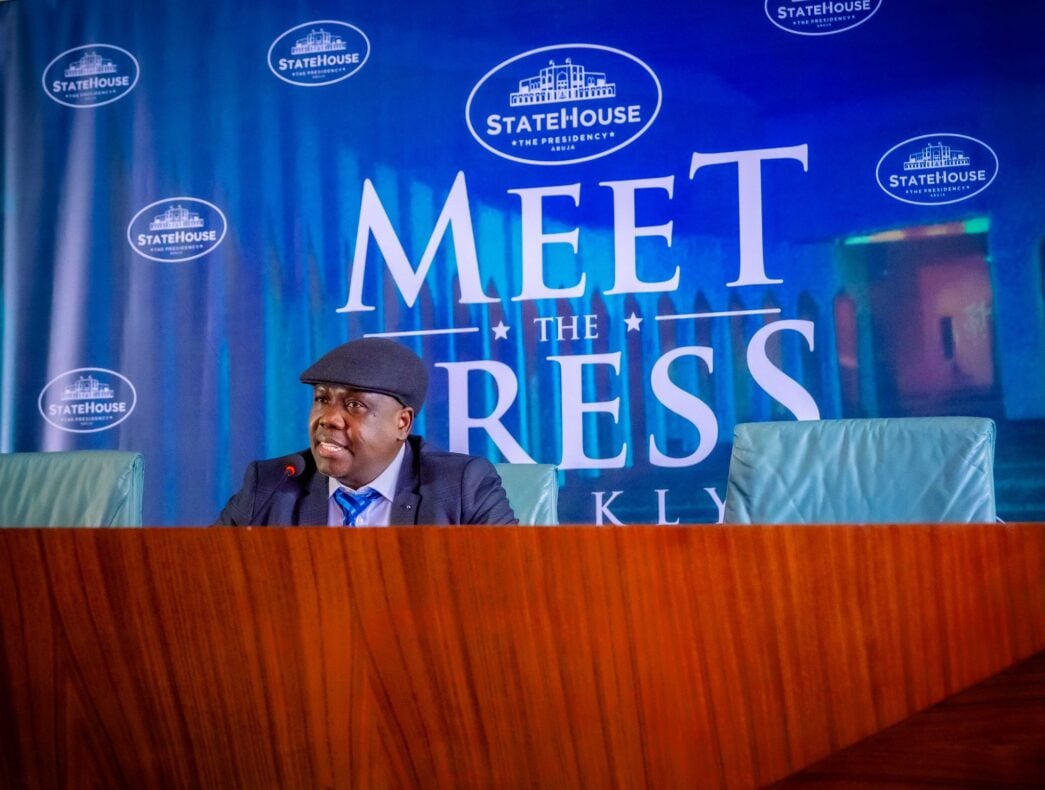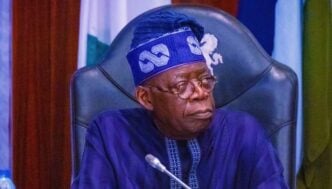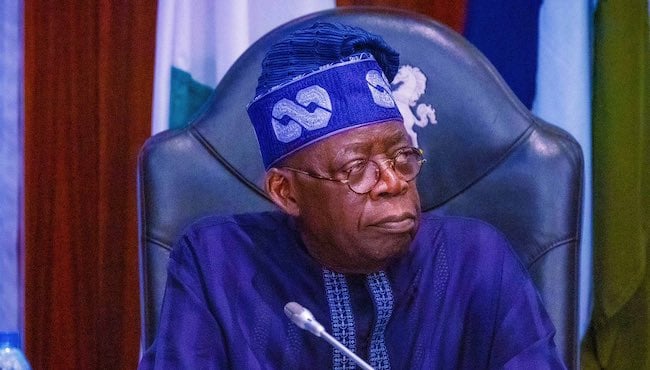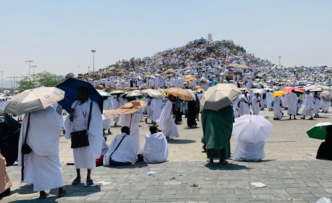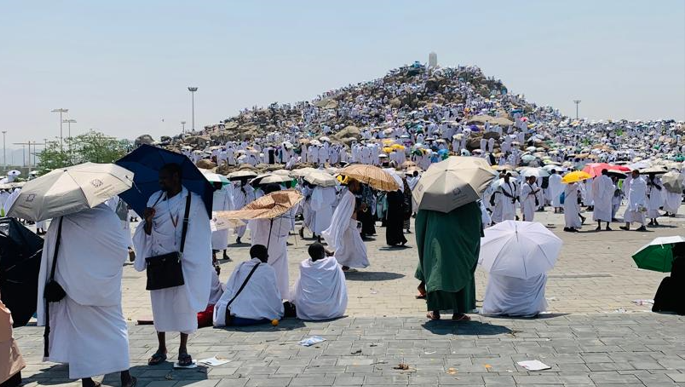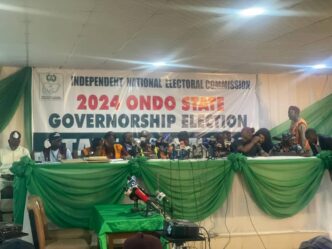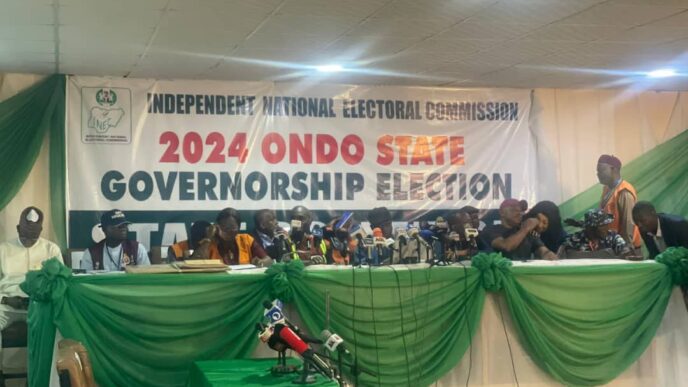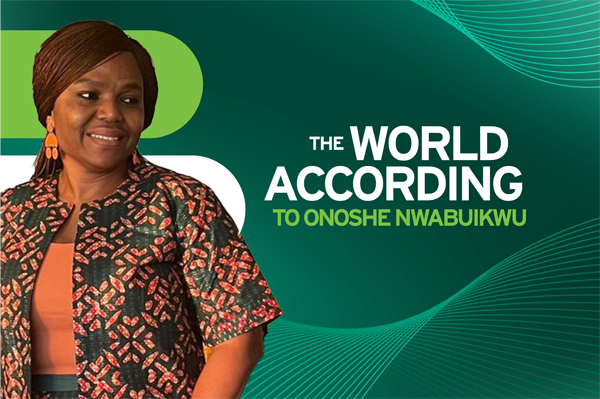Daniel Bwala
Daniel Bwala has made headlines recently, particularly with his latest appointment stirring considerable intrigue. However, it seems crucial to note that the hype around his position isn’t just the result of his most recent role, but rather a whirlwind of changes in quick succession.
Thanks to Sodiq Yusuff from TheCable for shedding light on this unfolding narrative. In this editorial, I’ll juxtapose Sodiq’s insights with my reflections on Bwala’s trajectory.
On November 18, Daniel Bwala found himself at the centre of attention, embracing his brief tenure as the newly appointed presidential spokesman. Yet, the swift sequence of events that unfolded quickly turned this moment of limelight into a lesson in the unpredictability of political life in Nigeria.
Just four days after his initial announcement as special adviser on media and public communication on November 14, Bwala was abruptly re-designated. Bayo Onanuga, serving as special adviser on information and strategy, moved swiftly to clarify that there was, in fact, no standalone “presidential spokesman.” This reclassification relegated Bwala to the role of special adviser on policy communication, placing him outside the presidential villa—far from the influential position he had anticipated.
Advertisement
The excitement surrounding Bwala’s appointment initially sparked hopes for a rejuvenation of the president’s information management team following the departure of Ajuri Ngelale. Onanuga had been the de facto voice of presidential communications, actively issuing statements and representing President Bola Tinubu during Ngelale’s absence.
Events took a dramatic turn that Monday. Sources close to the situation observed that Bwala was eager to step into his new role, keen to address the press and assert his position. However, with Onanuga attending the G20 meeting in Brazil, Bwala attempted to fill the void—but his ambitions were quickly stifled.
In his address to the media, Bwala attempted to assert his role, saying, “I only came to introduce myself to you and the role that was given to me by Mr. President.” He aimed to clarify that although his title had changed, his mission remained resolute. This declaration of confidence, however, proved fleeting.
Advertisement
News of Bwala’s assertive moves reached President Tinubu, prompting an immediate response. The president reportedly expressed his discontent and instructed Onanuga to issue a statement clarifying the re-designation within the media team. Onanuga subsequently emphasised that there wasn’t a single spokesperson but rather a collective of special advisers managing communications for the presidency.
This rapid retraction opens a window into the complex internal dynamics and power struggles within the Tinubu administration. Analysts might interpret Bwala’s swift ascension and subsequent decline as a cautionary tale of a “failed coup” within the ambitious media apparatus crafted by Tinubu—one that is considerably marked by competition and intrigue.
Unconfirmed reports suggest that Seyi Tinubu, the president’s son, played a crucial role in Bwala’s initial appointment, advocating for a vocal spokesperson who could both defend the president and confront detractors. In this context, Bwala seemed a fitting choice. His strategy appeared aligned with that of Ajuri Ngelale, who adeptly positioned himself within the administration through visibility and assertiveness.
However, unlike Ngelale, Bwala’s bid for control was swiftly quashed, revealing the delicate equilibrium of power inherent in Nigerian political structures. What began as a potentially promising rise has morphed into a revealing narrative of ambition clashing with established hierarchies.
Advertisement
Now, as Bwala transitions to work under Hadiza Bala Usman’s office of policy coordination, he must navigate a landscape riddled with complex alliances and expectations—far away from the spotlight he initially sought. This episode underscores the precariousness of political roles in the high-stakes arena of Nigerian governance, where aspirations can rapidly shift into stories of caution and restraint.
Ultimately, in a world where fortunes can change overnight, Daniel Bwala’s experience serves as a vivid reminder of the unpredictable nature of political life—a compelling illustration of ambition meeting the rigidity of entrenched structures.
(This piece draws inspiration from TheCable’s Insider, as articulated by Sodiq Yusuff.)
Sulaiman Aledeh is a journalist and writes from Abuja, Nigeria
Advertisement
Views expressed by contributors are strictly personal and not of TheCable.
